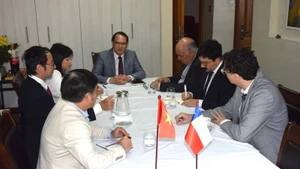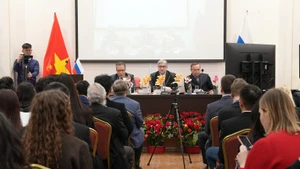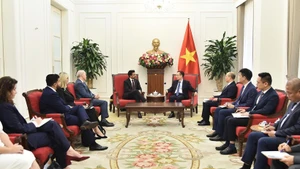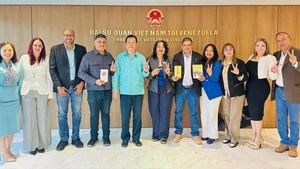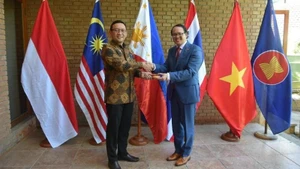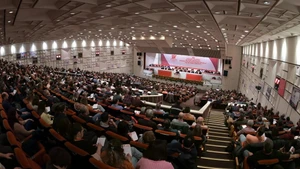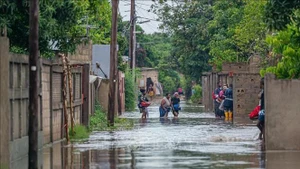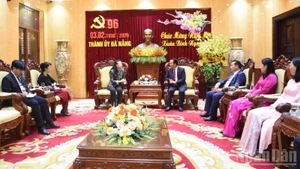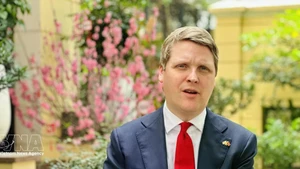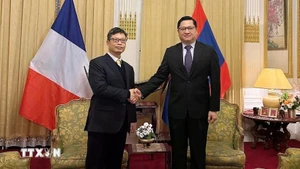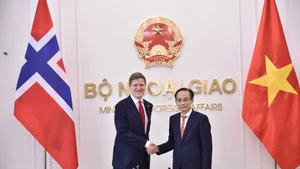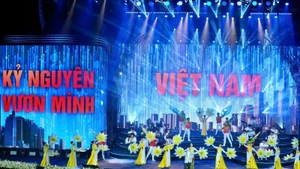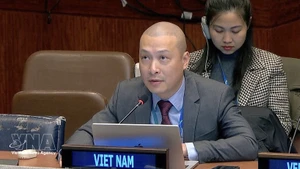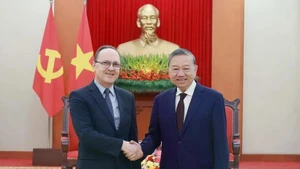Defining 2017 as an eventful year in boosting the Russia-Vietnam ties, Alexey Popov held that dialogues between senior leaders of both countries this year within the framework of international meetings and high-level visits will help promote the bilateral partnership.
Sectors and localities of Vietnam and Russia will continue fostering and expanding cooperation programmes in fuel-energy, culture, tourism, investment and trade, contributing to reinforcing and developing the relations between the two countries, he said.
The diplomat noted that Ho Chi Minh City is the leading locality in Vietnam in establishing ties with Russian localities, becoming one of the important factors in the development of the bilateral comprehensive partnership.
However, he stated that collaboration between Russia and Ho Chi Minh City is yet to match potential as well as expectation, suggesting that in the coming time, the two sides should focus on cooperation programmes in areas of their strengths such as culture- art and education-training.
As part of activities to implement the cooperation plan between Saint Petersburg and Ho Chi Minh City for 2016-2018, a delegation from Saint Petersburg will visit Ho Chi Minh City this year to discuss the organisation of a Russian Culture Day in the city that aims to strengthen mutual understanding, solidarity and friendship between the two localities.
According to the Russian Consulate General in Ho Chi Minh City, despite the complicated global situation, last year, the Vietnam-Russia relations still progressed in all fields such as politics, economy-trade, military technology, culture and society.
In the first 11 months of 2016, two-way trade reached US$3.5 billion, a rise of 16.4% year on year. The two countries are striving to raise the figure to US$10 billion by 2020.
